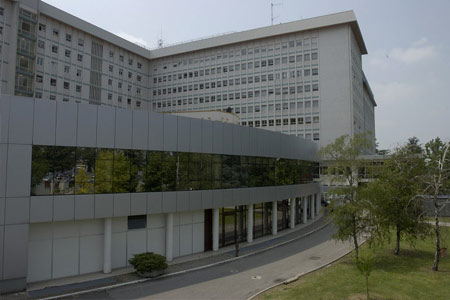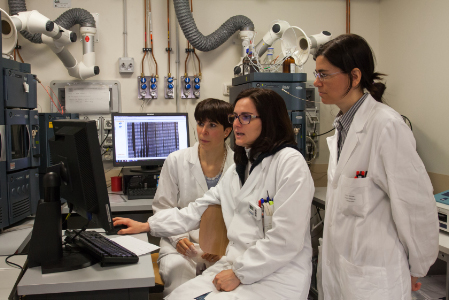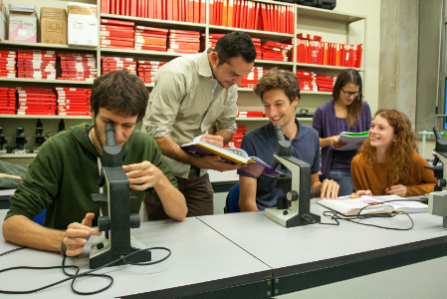- Study of the role of main epigenetic mechanisms such as DNA methylation, both genomic and gene-specific in major chronic diseases such as cancer and cardiovascular diseases. The Epigenomics group guided by Prof. Friso established a very solid expertise in genetic- and epigenetic-focused methods mainly in the area of DNA methylation both genomic and gene-specific with a commitment to the identification of molecular mechanisms linking nutrients, gene polymorphisms within one carbon metabolism and epigenetics.
- Research to define the DNA methylation patterns of alcohol-related primary liver cancer to unravel novel epigenetically-regulated pathways. Epigenetic mechanisms are significantly involved in carcinogenesis and they are modulated by nutrients among which B vitamins, as donors of methyl groups, serve for methylation reactions including that of DNA, a major epigenetic phenomena in mammalian cells. One-carbon metabolism is also influenced by alcohol, a well-known risk factor for cancer especially of the liver, colon and our research work contributed to better define the underlying molecular link among B vitamins, epigenetics and cancer in rodent models and human studies. Role of one-carbon polymorphisms on DNA methylation according to B vitamins status and cancer risk in human studies with a focus on liver and hematopoietic tissues malignancies. Findings from these studies contributed to define novel epigenetic and gene-nutrient interactions profiles for preventive strategies by ad hoc nutritional intervention.
- Study of the role of gene polymorphims and gene-nutrient interactions related to B vitamins in affecting the risk of coronary artery disease. The data opened up for innovative clinical perspectives by defining specific genotypes.
- Dipartimento

Presentazione
Organizzazione
Riferimenti
- Ricerca

La ricerca in breve
Attività di ricerca
Strutture
- Didattica

Corsi di studio
Dottorati di ricerca e formazione superiore
Servizi per la didattica
- Territorio e Società

Informazioni per il territorio
Servizi per il territorio
Riferimenti
- Persone
- contatti
-



